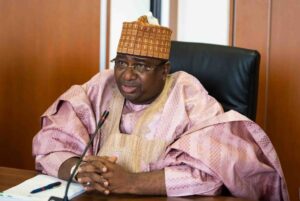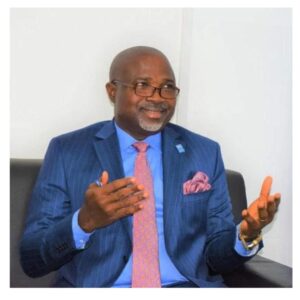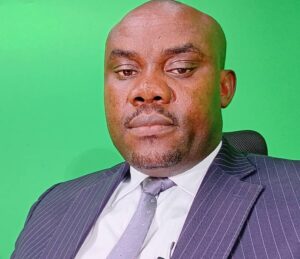The Central Bank of Nigeria (CBN) has recently taken a decisive step to combat rising inflation by raising the Monetary Policy Rate (MPR) to 27.25%. This bold move, announced by Governor Olayemi Cardoso, reflects the bank’s commitment to addressing the economic challenges facing the country. While this decision may be painful for borrowers, Cardoso insists it is crucial for controlling the excess money circulating in the economy.
Higher interest rates typically mean increased borrowing costs, which can strain individuals and businesses. However, Cardoso emphasized that such measures are necessary to curb inflation. When interest rates rise, borrowing decreases, leading to a reduction in spending and investment. This helps to cool down an overheating economy and brings prices back under control.
In his address to the Harvard Club of Nigeria in Lagos, Cardoso stated, “Leadership is about making hard choices to secure long-term stability over short-term comfort.” This underscores the challenging decisions that policymakers must make to ensure the economic health of the nation.
A key theme in Cardoso’s speech was the importance of trust in the financial system. He highlighted the CBN’s implementation of the Electronic Foreign Exchange Matching System (EFEMS) as a step toward enhancing transparency in foreign exchange transactions. Cardoso remarked, “Trust is the currency of central banking. If the public loses trust in the institution, the efficacy of its policies diminishes.”
By improving oversight of forex transactions, the CBN aims to reassure the public that it is committed to fair and efficient market practices. This effort is critical as the bank seeks to rebuild credibility in the eyes of the Nigerian populace.
Cardoso acknowledged that effective leadership, especially in a central banking role, often requires making unpopular decisions. He stated that the CBN is a listening institution, open to feedback and willing to adjust its strategies if they fail to meet their objectives.
“In the face of economic challenges, it is imperative to focus on core objectives—restoring the credibility of the institution, building trust in the financial system, and, most critically, containing inflation,” he said. These goals are not just strategic; they are foundational to any meaningful recovery in the Nigerian economy.
While the CBN has not yet achieved its inflation target, Cardoso pointed out that recent data from the National Bureau of Statistics (NBS) indicates a decline in inflation rates in July and August 2024. This progress suggests that the CBN’s policies are beginning to take effect, moving the economy in the right direction.
Despite the challenges posed by higher interest rates, Cardoso remains optimistic about the CBN’s efforts to stabilize the economy. He believes that with continued focus and commitment, the bank can achieve its goals and foster a healthier economic environment for all Nigerians.
In conclusion, while the decision to raise interest rates to 27.25% may be difficult for many borrowers, it is a necessary step in addressing Nigeria’s inflation crisis. Governor Olayemi Cardoso’s emphasis on trust, transparency, and strong leadership demonstrates the CBN’s commitment to navigating the country’s economic challenges. By prioritizing long-term stability over short-term relief, the CBN aims to restore credibility and build a more resilient financial system for the future.







